Marc Spector’s DID played a key role in Marvel’s MCU Moon Knight. Here’s the difference between Moon Knight’s five alters in both the comics and show.
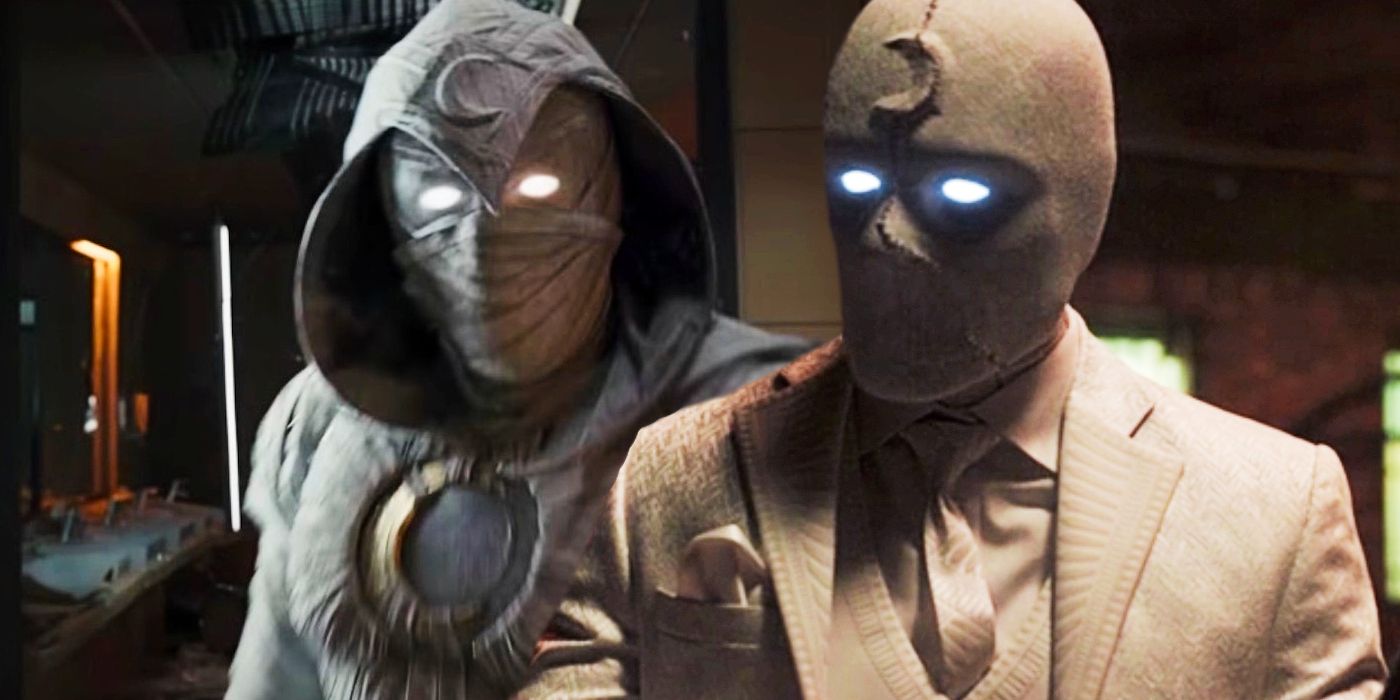
Marvel Studios’ Disney+ TV show, Moon Knight, served as Marc Spector’s MCU debut and explored five of Moon Knight’s alters. The series starred Oscar Isaac as Moon Knight for the first time in the MCU timeline, and not only does it delve deep into the character’s ties to Egyptian mythology, but also Marc Spector’s Dissociative Identity Disorder (DID) – the reason for Moon Knight’s personalities/alters. Though often compared to DC’s Batman, Moon Knight actually possesses superhuman abilities which originate from the Egyptian moon god Khonshu, who imbued Marc Spector with a sliver of his power.
Apart from Moon Knight’s powers, what truly sets him apart from other comic book characters is that he lives with DID, an often-misunderstood condition. Marc Spector is only one of Moon Knight’s alters that appears in the comics, with Jake Lockley and Steven Grant also appearing. The most recent Moon Knight comic run confirmed the five different alters, and also elaborated on how they came to be. Oscar Isaac flexes his acting muscles as he single-handedly portrays all these different alters in Moon Knight, hopefully setting up for future MCU release that feature them.
Why Moon Knight Has Different Alters
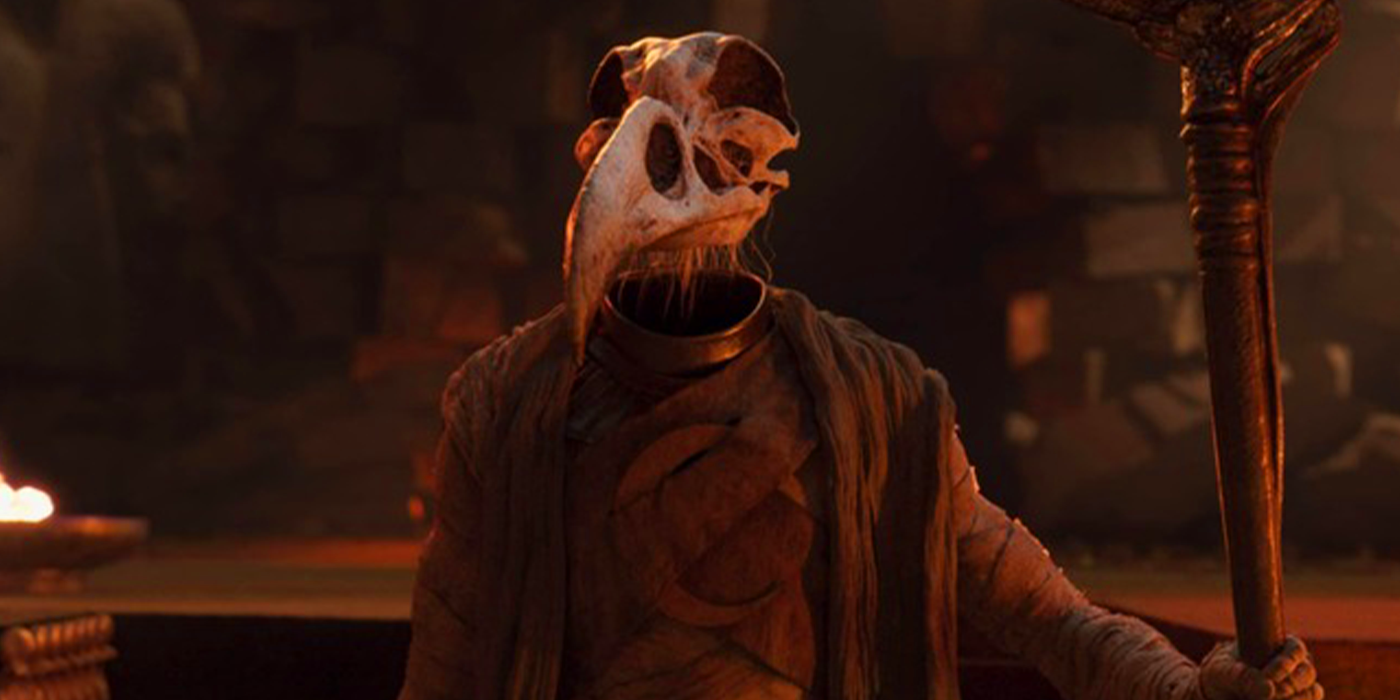
Moon Knight’s alters have historically been seen as a symptom of Marc Spector’s identity disorder, but recent comic issues revealed that this might not be entirely true. While conversing with his psychologist in Marvel Comics’ Moon Knight Vol. 7 #2, Marc Spector discovered that his alters might be the result of the Egyptian deity Khonshu colonizing his mind.
Khonshu is said to have four aspects; the Pathfinder, the Embracer, the Traveler, and the Defender of Overnight Travelers, each of whom somewhat correspond to one of Moon Knight’s alters, each materializing as a way for Marc to cope with the effects of his mystical link to Khonshu.
While Marc did display dissociative episodes as a child, the severity of his condition was amplified by Khonshu’s constant presence in his mind. It remains unclear which of Marc’s alters reflects each aspect of Khonshu, but what’s certain is that the Watcher of Overnight Travelers aspect of the deity manifests as the antihero Moon Knight. Meanwhile, Steven Grant could be the Pathfinder aspect among Moon Knight’s personalities, given his propensity for finding solutions. That said, it hasn’t yet been explained exactly which of the alters represent each of Khonshu’s remaining three aspects.
Marc Spector
First Appeared In Werewolf by Night #32
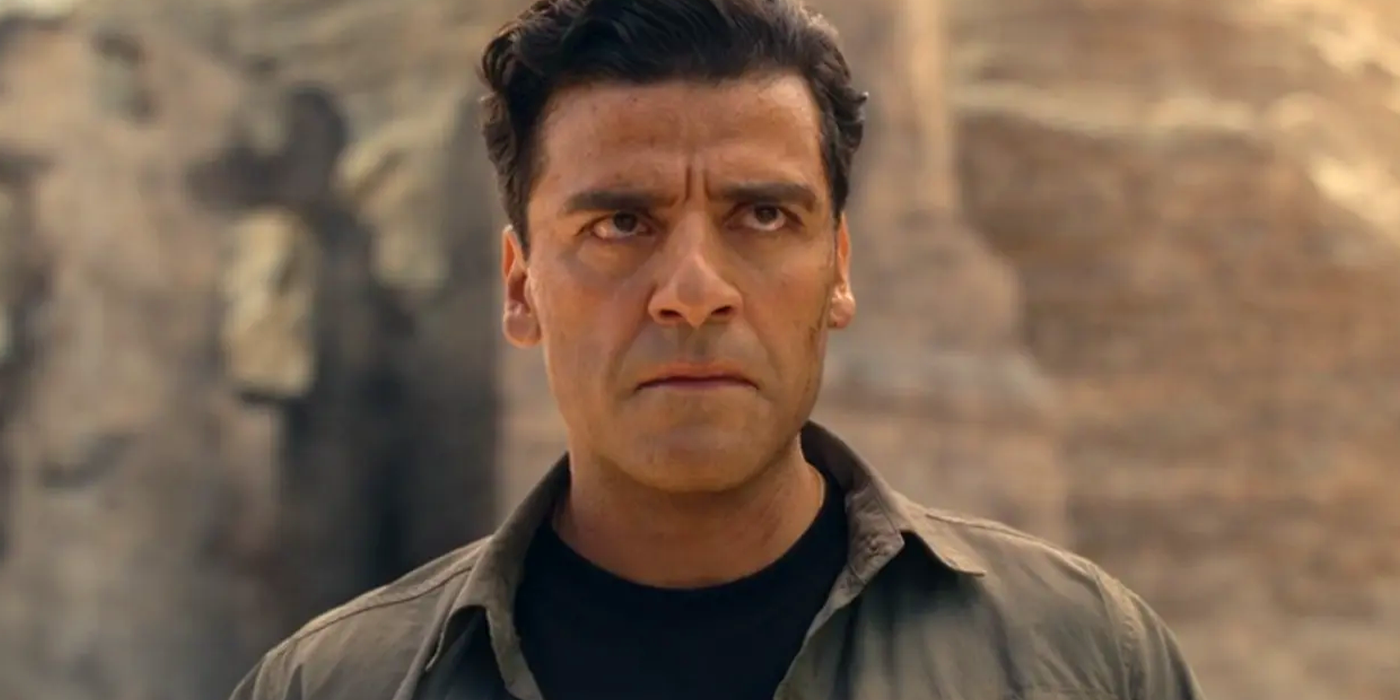
Marc Spector is the primary for Oscar Isaac’s Moon Knight character. Marc was raised by a rabbi in Chicago and eventually became a Marine. After the military discovered his mental health history, he was dishonorably discharged, briefly joining the CIA, but going on to participate in illegal fights, leading him to become a mercenary.
Using his skills, Marc carried out assassinations and rescue missions across the African continent. On one of these missions, Marc was ambushed and left for dead, but made his way to the tomb of Khonshu, where he was offered the chance to live in exchange for his service as the god’s avatar, which he accepted.
Steven Grant
First Appeared In Marvel Spotlight #28
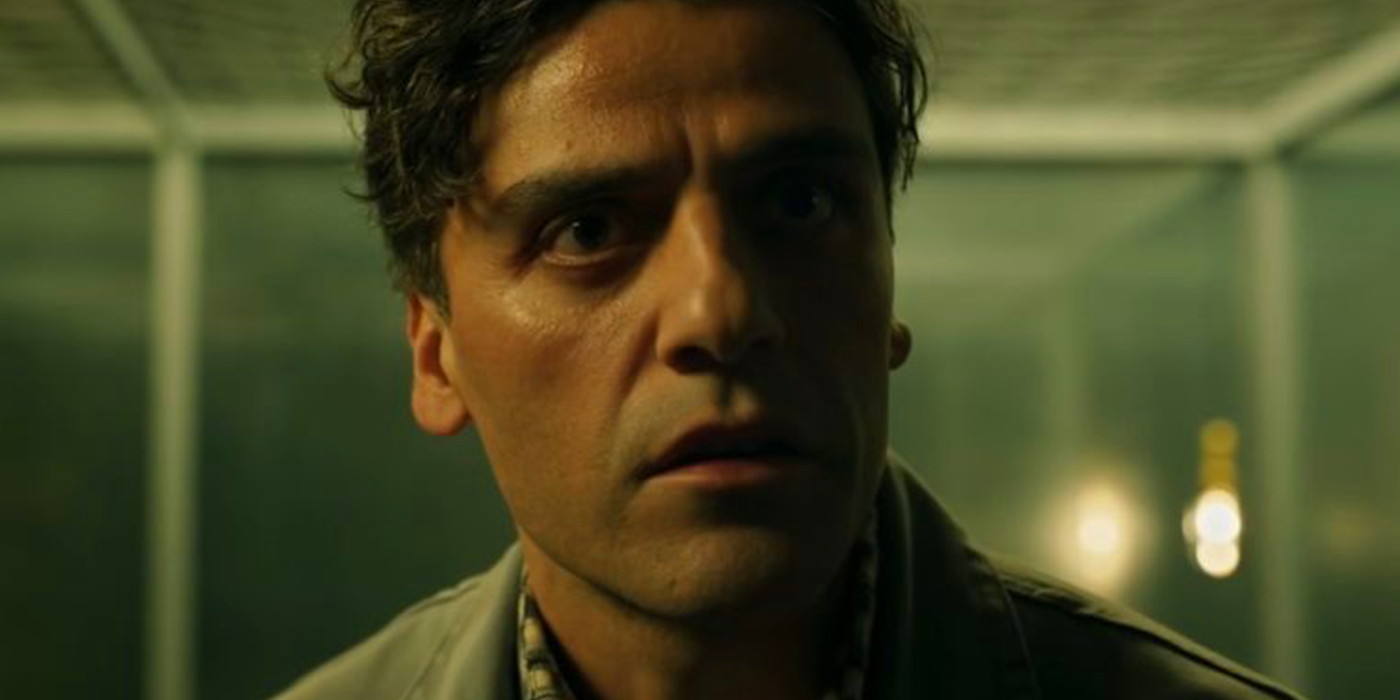
Steven Grant was the first of Marc Spector’s alters to manifest, first appearing as a coping mechanism to escape his abusive mother. In Marvel Comics, Steven Grant is a millionaire who funds Moon Knight’s crime-fighting adventures and is the reason Moon Knight can afford all of his gadgets and weaponry.
Steven gained this fortune by taking Marc’s savings to play Wall Street. In more recent issues, Steven used his fortune to launch a movie studio to grow his money, though these origins were drastically changed for the MCU. Steven Grant is a public figure with a breadth of wealthy connections, the complete opposite of Marc’s other alter, Jake Lockley.
Jake Lockley
First Appeared In Marvel Spotlight #28
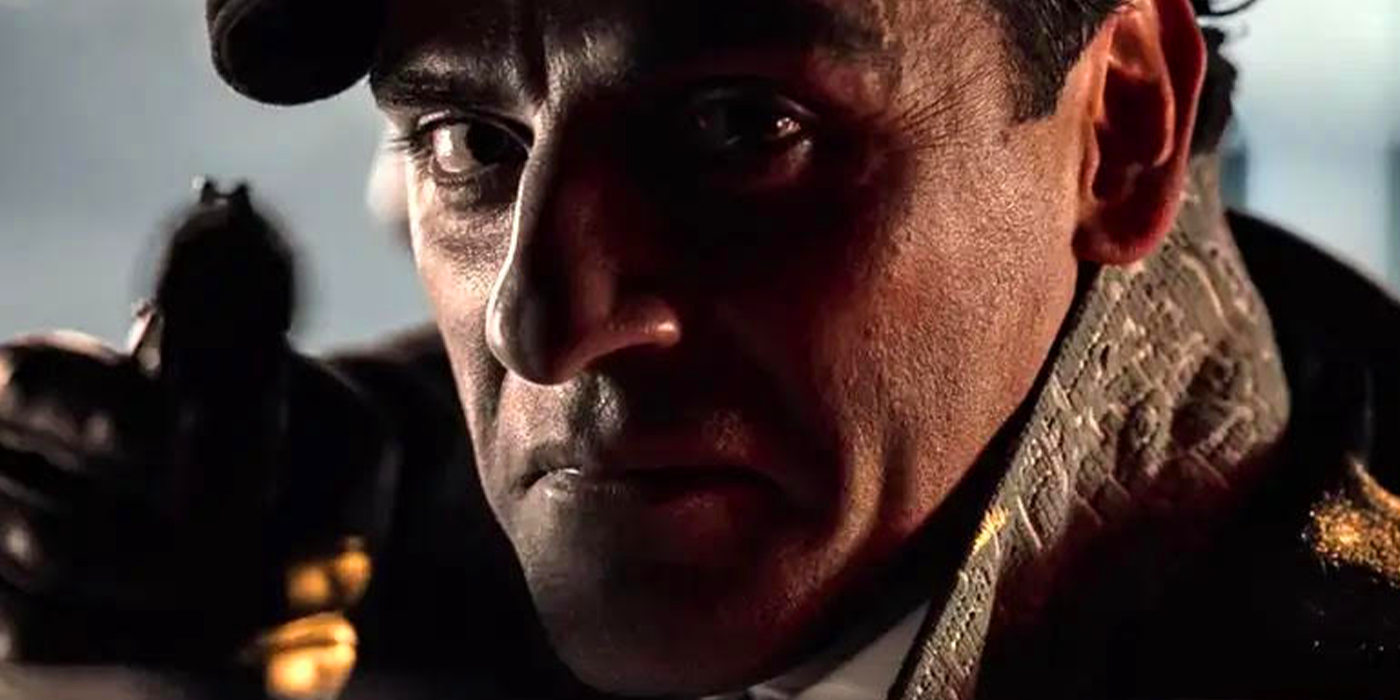
Jake Lockley, the second of Marc Spector’s alters to manifest, is a cab driver in New York City. Jake is street-smart, keeps his ears to the ground, and maintains a network of criminals and informants.
He is essentially Moon Knight’s private eye, since the information he uncovers is essential to Moon Knight’s vigilante efforts. Jake’s network of informants included characters like Bertrand Crawley, Gena Landers, and her two sons, Ricky and Ray, all of which became very close friends to Marc. Jake Lockley was briefly glimpsed at the end of Marvel Studios’ Moon Knight, though not much is yet known about this alter in the MCU.
Mr. Knight
First Appeared In Moon Knight #1
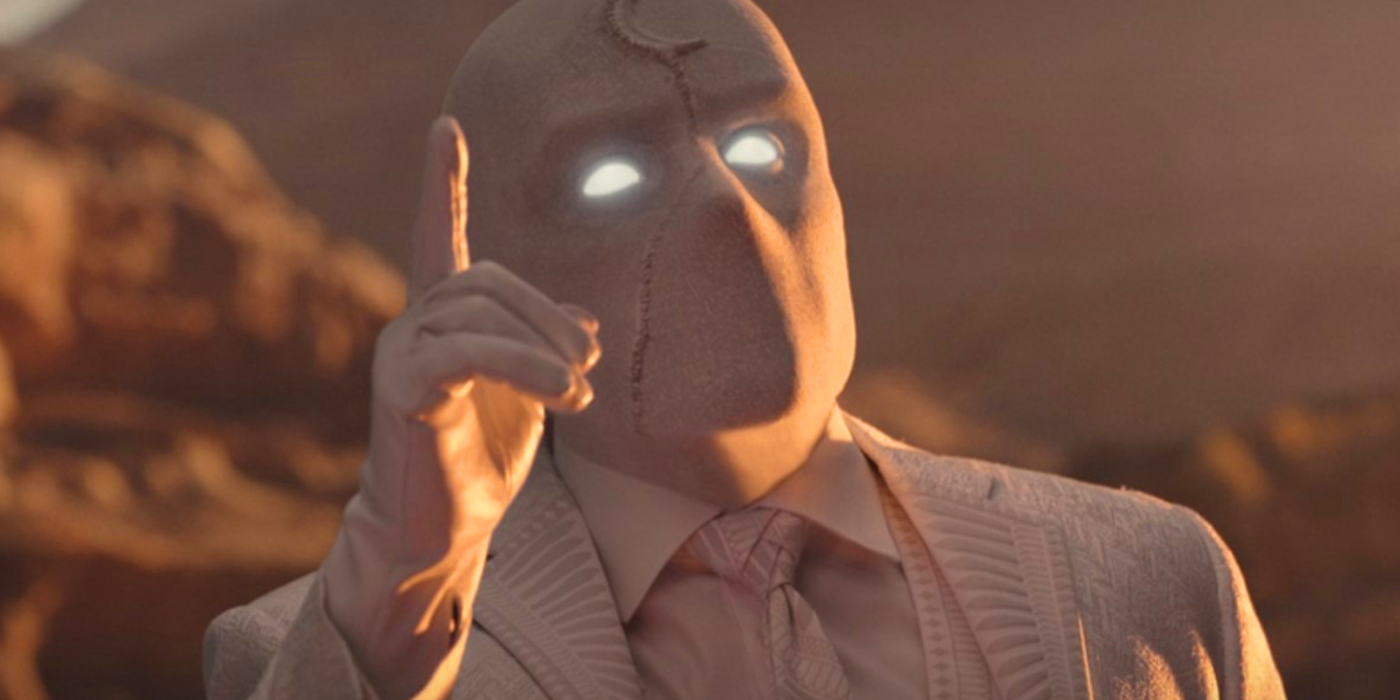
Mr. Knight is Marc Spector’s newest alter in Marvel Comics, and is usually the persona who converses with Marc’s psychiatrist, as well as helping civilians seeking help. Mr. Knight quickly became a fan-favorite version of the character, in part due to his unique fashion sense, as Mr. Knight always wears a crisp, all-white, bespoke suit, with patterns and designs inspired by the Ancient Egyptians. For the MCU, Mr. Knight was the version of Moon Knight who emerges when Steven Grant summons the suit, while the more recognizable Moon Knight costume belongs to Marc Spector.
Moon Knight
First Appeared In Werewolf by Night #32
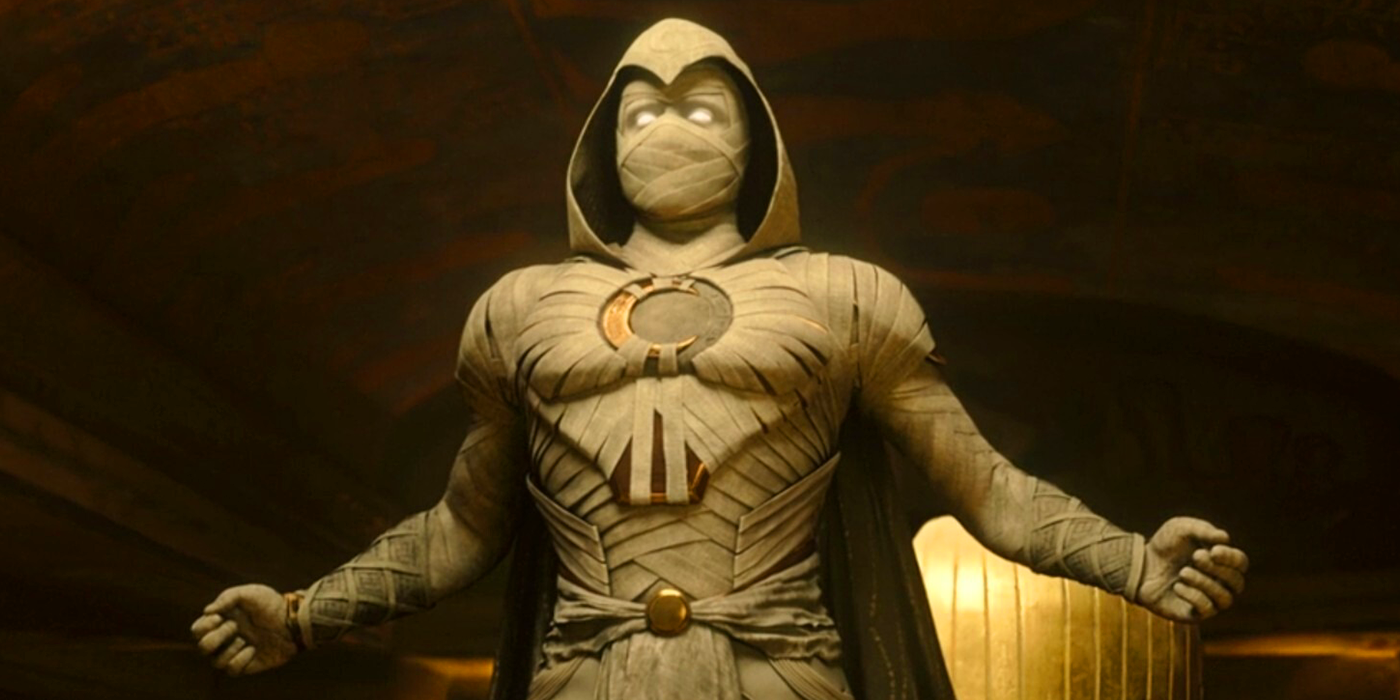
In Marvel Comics, Moon Knight is not an alter-ego of Marc Spector, contrary to popular belief, but rather his own individual alter. Moon Knight is the Fist of Khonshu, sworn to do the god’s bidding for eternity. Moon Knight’s iconic white suit and cowl ensure that his opponents see him coming, making the antihero even more intimidating. Moon Knight’s powers are varied, including enhanced strength, speed, and durability, as well as lunar strength, which allows him to be significantly stronger and more resilient at night when exposed to the moonlight – especially during full moons. In the MCU, Moon Knight is the heroic alter-ego of Marc Spector.
Why The Show Changed Some Of Moon Knight’s Alters
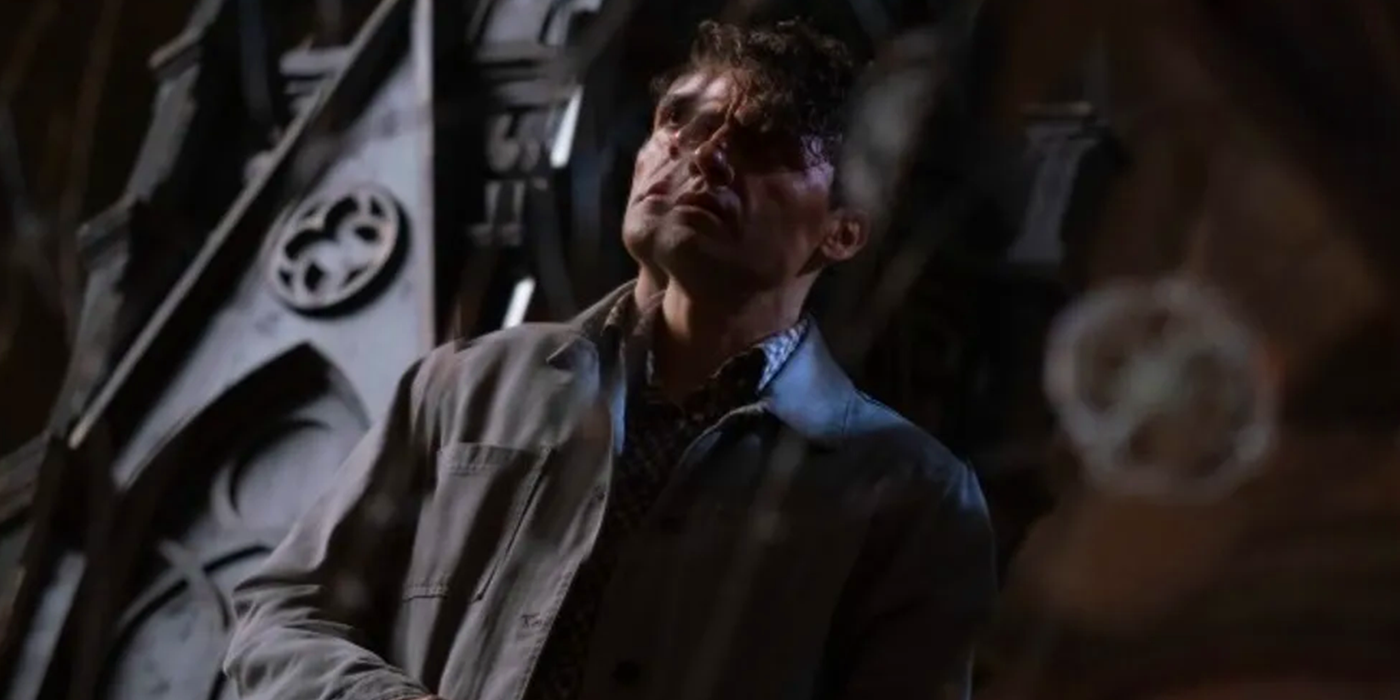
Marvel Studios’ Moon Knight significantly changed the Marvel Comics source material when developing the character for Disney+, underlining the fact that what works in the comics often doesn’t translate into live-action. These changes are mostly focused on adapting the alter of Steven Grant, who despite being a millionaire in the comics, is a normal museum worker in the MCU.
The MCU’s Moon Knight demonstrated a much more mystical version of the character, who thus didn’t need someone to fund his exploits, so the millionaire iteration of Steven Grant was no longer necessary. The adaptation of Jake Lockley into something of a villain is also an exciting change.
Did Moon Knight Handle DID Sensitively?

Moon Knight’s mental health representation did falter in certain areas, but several aspects were accurately demonstrated. Moon Knight episode 5, “Asylum,” showed the start of Marc Spector’s DID, as he creates Steven Grant in response to a childhood trauma, which refocused DID into a real-life mental health concern, rather than the narrative gimmick it’s been used as previously in Marvel Comics.
DID is often widely misunderstood, and director Mohamed Diab has even stated that he didn’t aim for medical accuracy, though sensitivity and respect were essential to the entire process of developing Moon Knight for the MCU. Steven is never seen as an unwanted presence, in fact, he and Marc cultivate a genuine relationship through their shared trauma.
This idea is further established when Marc feels grief after Steven’s sacrifice to get him into the Field of Reeds in Moon Knight episode 5, even going so far as to jeopardize his eternity in paradise to save his alter. Even so, opinion from the DID community is divided, with some praising Moon Knight’s handling of the disorder, while others have voiced ethical concerns of fictionalizing DID for entertainment purposes. If anything, Moon Knight did allow conversations to begin about DID and how alters can be portrayed as something other than poorly-misunderstood narrative devices.